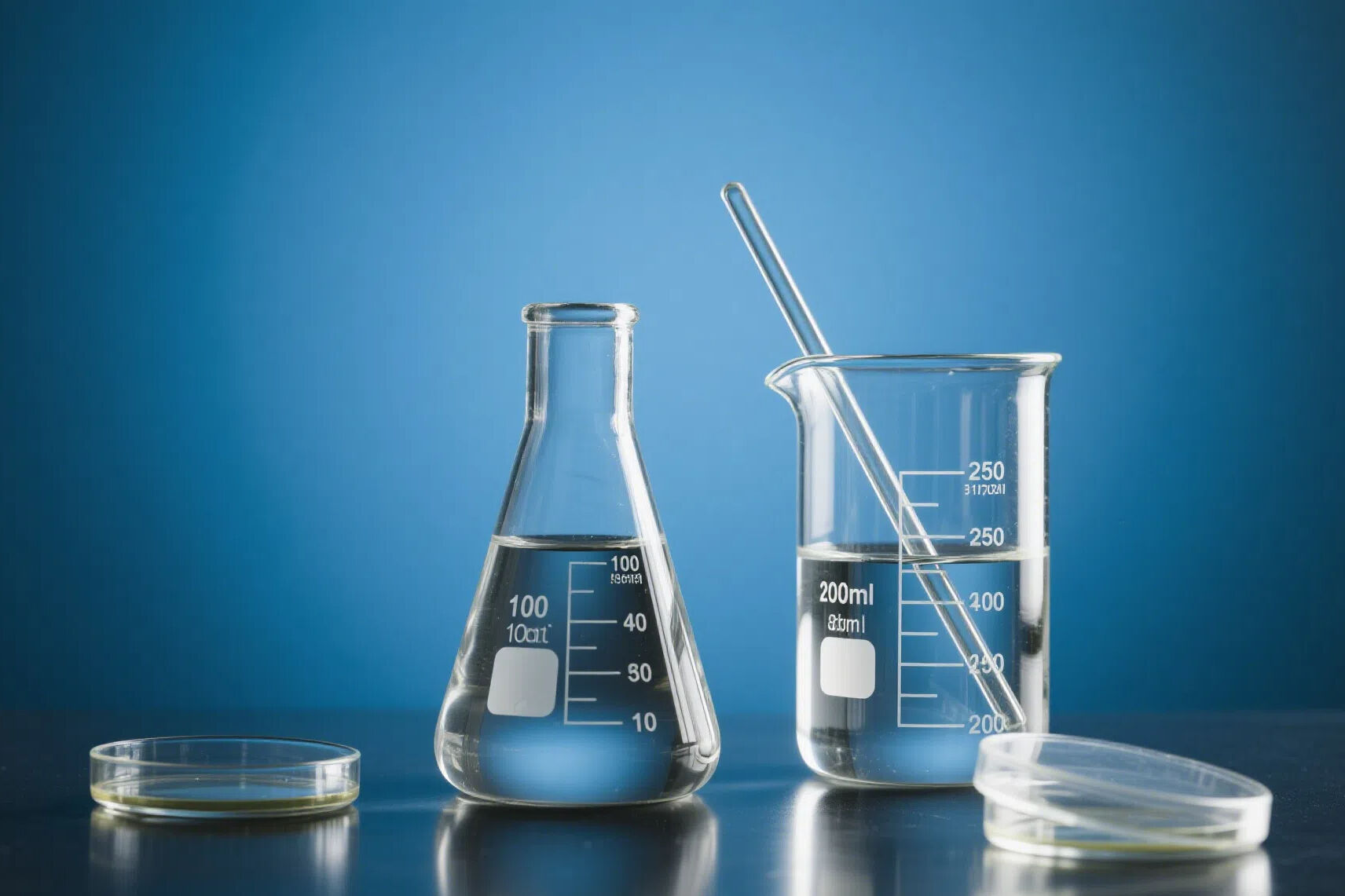Acrylate monomer is a type of organic compound with the general structure CH2=CH-COOR, where R is an alkyl or aryl group, characterized by a reactive vinyl double bond that enables polymerization into polymers and copolymers. Common acrylate monomers include 2-ethylhexyl acrylate (2EHA), methyl acrylate, butyl acrylate, and octyl acrylate, each with distinct properties determined by the R group. For example, 2EHA (R = 2-ethylhexyl) enhances flexibility and low-temperature performance, making it ideal for adhesives and coatings requiring elasticity, while methyl acrylate (R = methyl) contributes rigidity and adhesion, used in hard coatings and structural adhesives. Acrylate monomers are synthesized through esterification of acrylic acid with corresponding alcohols, with high-purity grades (e.g., 99% pure 2EHA from E Plus Chemical Co., Ltd.) ensuring optimal polymerization efficiency and end-product performance. They are the building blocks of acrylic polymers, emulsions, and resins, enabling the production of materials with tailored properties for adhesives, coatings, textiles, and medical applications. E Plus Chemical produces acrylate monomers with an annual capacity of 50,000 tons, leveraging advanced catalytic polymerization and purification technologies to meet strict industry specifications, supporting large-scale manufacturing of acrylic-based products.
